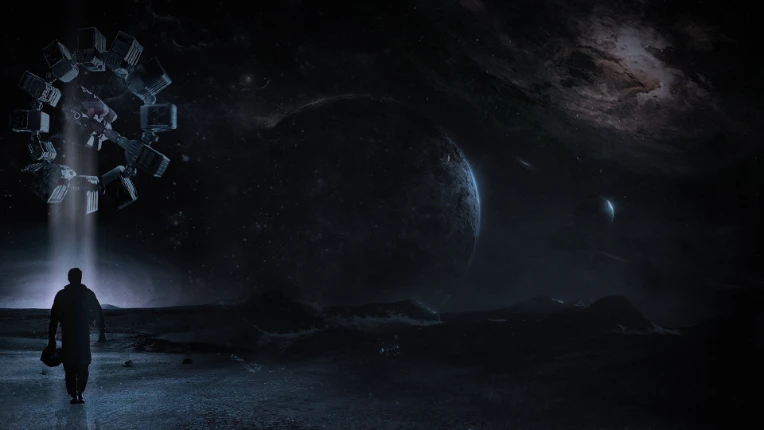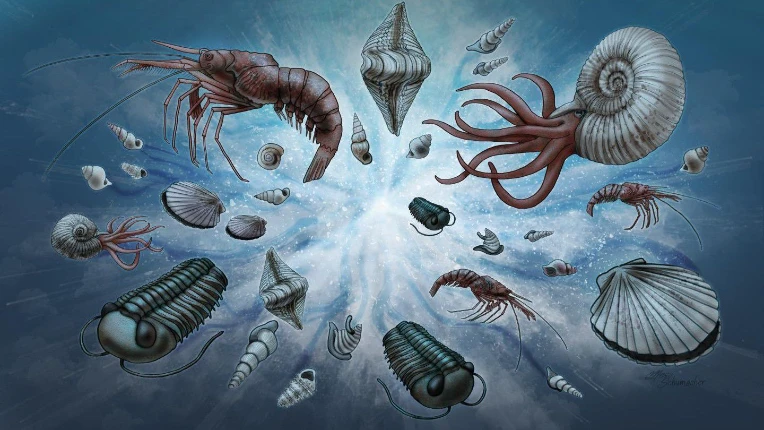Which of us will become extinct?

So, the condition for survival in the paleontological sense of the word is the ability to synchronize objectives, and this is possible only with the ability to perceive the Truth at least partially, for example, in the matter of death. In common parlance, this ability to synchronize objectives is called camaraderie. The idea of camaraderie is most often rejected right off the bat — with hatred. A literary genre which doesn't reject the idea of camaraderie right off the bat, as many genres in our time do, is called an epic. One of the first epic poets was Homer — The Iliad is a very refreshing reading. But many do not read.
So, the question is: which of us will survive in the paleontological sense of the word? Will it be the one who reviles camaraderie at every corner, for whom even the word "comrade" is a curse, or the one who not only extols camaraderie and friendship as a source of happiness but also who at least somehow develops his character within camaraderie? A question for self-study.
There are two points of view on camaraderie, respectively, there are two points of view on how to get life satisfaction, and, let's not be afraid of this word, happiness. The fact is that all of us, each of us, are the fruit of many mutations of a line of our predecessors.
Predecessors in species.
Over millions of years, the ancestors of each of us have formed a lot of mutational collectives. The ancestors had been morphing into new species and forms. That is, at least the memory of the mutation collective is sewn into each of us as a way to win when everyone around dies in one or another biotic crisis. Everyone had been dying, and our ancestors, on the contrary, had been surviving.
It follows from this that it is impossible to get full satisfaction only by eating, drinking, sleeping and copulating. Self-realization is also necessary within the mutational collective, at least in the sense of approaching it. This is where keen delight in reading Homer comes from. And keen interest in biographies of self—sacrificing for the sake of comrades heroes of the Great Patriotic War - like Zoya Kosmodemyanskaya and Alexander Matrosov.
In addition to the aesthetic pleasure of contact with an epic and detailed biographies of the heroes, there is also a tangible benefit. The fact is that the heroes, and this is evident from their whole life, are particularly lucky people and, accordingly, they bring good luck to all those who contemplate them. Yes, in the matter of luck, both Zoya Kosmodemyanskaya and Alexander Matrosov are undoubted Teachers.

...at least the memory of the mutation collective is sewn into each of us as a way to win when everyone around dies in one or another biotic crisis.